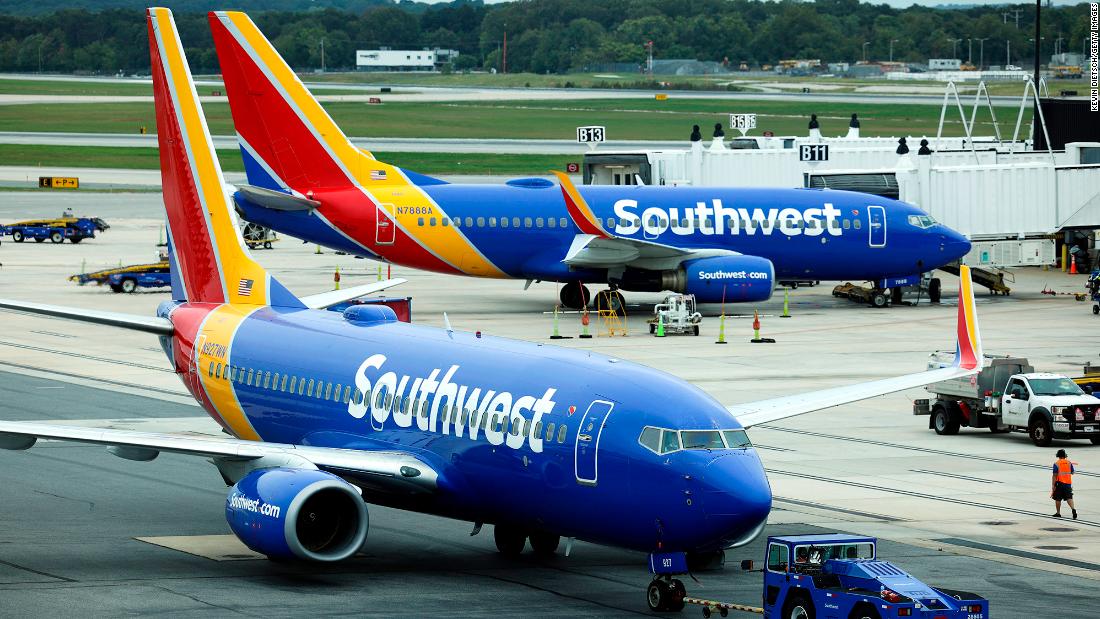KING Charles III said Canada is facing ‘unprecedented challenges’ during a speech opening the Canadian Parliament.
Trump’s repeated suggestion that the U.S. annex Canada prompted Prime Minister Mark Carney to invite Charles to give the speech from the throne outlining his government’s priorities for the new session of Parliament.
APKing Charles offered support for Canada during an official visit[/caption]
The King is the head of state in Canada, which is a member of the Commonwealth of former colonies.
In French, Charles said: “We must face reality: since the Second World War, our world has never been more dangerous and unstable.
“Canada is facing challenges that, in our lifetimes, are unprecedented.”
He added that many Canadians are feeling anxious and worried about the drastically changing world around them.
It’s rare for the monarch to deliver what’s called the speech from the throne in Canada.
Charles’ mother, Queen Elizabeth II, did it twice before in 1957 and 1977.
“I have always had the greatest admiration for Canada’s unique identity, which is recognized across the world for bravery and sacrifice in defense of national values, and for the diversity and kindness of Canadians,” he said.
Charles, on his 20th visit to Canada, noted that it has been nearly 70 years since his mother first opened Parliament.
“In the time since, Canada has dramatically changed: repatriating its constitution, achieving full independence, and witnessing immense growth.
“Canada has embraced its British, French, and Indigenous roots, and become a bold, ambitious, innovative country that is bilingual, truly multicultural,” the monarch said.
He said when his late mother opened a new session of Canadian Parliament in 1957, World War II remained a fresh, painful memory and the Cold War was intensifying.
He said: “Freedom and democracy were under threat.
“Today, Canada faces another critical moment.
“Democracy, pluralism, the rule of law, self-determination, and freedom are values which Canadians hold dear, and ones which the government is determined to protect.”
Charles also said that the Canadian government will protect Canada’s sovereignty by rebuilding, rearming, and reinvesting in the Canadian Armed Forces.
“It will stimulate the Canadian military industry by participating in the ReArm Europe plan and will thus contribute, together with European partners, to trans-Atlantic security.
“And it will invest to strengthen its presence in the North, as this region, which is an integral part of the Canadian nation, faces new threats.”
Former Canadian Prime Ministers Justin Trudeau and Stephen Harper were among those in attendance.
The speech isn’t written by the King or his U.K. advisers as Charles serves as a nonpartisan head of state.
He read what was put before him by Canada’s government, but makes some remarks of his own.
Carney, the new prime minister and a former head of the Bank of England, and Canadas first Indigenous governor general, Mary Simon, the King’s representative in Canada, met with Charles on Monday.
Canadians are largely indifferent to the monarchy, but Carney has been eager to show the differences between Canada and the United States.
The King’s visit clearly underscores Canada’s sovereignty, he said.
Carney won the job of prime minister by promising to confront the increased aggression shown by Trump.
The King said that Canada can build new alliances and a new economy that serves all Canadians.
More than 75% of Canada’s exports go to the U.S. and Carney is eager to diversify trade.
The new U.S. ambassador to Canada, Pete Hoekstra, said that sending messages to the U.S. is not necessary and Canadians should move on from the 51st state talk, telling the Canadian Broadcasting Corp. that if there’s a message to be sent, there are easier ways to do that, such as calling him or calling the president.
“There are different ways to send a message and a phone call is only of them,” said Daniel Beland, a political science professor at McGill University.
“The King would normally add his own short introductory remarks and observers will be listening to them very carefully with the issue of Canada’s sovereignty in mind.”
The King said that among the priorities for the government is protection of the French language and Quebec culture, which are at the heart of Canadian identity.
He said: “They define the country that Canadians, and I, love so much. Canada is a country where official and Indigenous languages are respected and celebrated.”
The government is committed to protecting the institutions that promote these cultures and this identity throughout the world, such as CBC/Radio-Canada.
He also said the Canada must protect Quebec’s dairy supply management industry.
Trump attacked the industry in trade talks.
A horse-drawn carriage took King and queen to the Senate of Canada Building for the speech.
It will accompanied by 28 horses, 14 before and 14 after.
He will receive the Royal Salute from the 100-person guard of honor from the 3rd Battalion, Royal Canadian Regiment before entering the chamber for his speech.
The King will return to the U.K. after the speech and a visit to Canada’s National War Memorial.
Justin Vovk, a Canadian royal historian, said the King’s visit reminds him of when Queen Elizabeth II opened the Parliament in Grenada, a member of the commonwealth, in 1985.
A U.S.-led force invaded the islands in October 1983 without consulting the British government following the killing of Grenada’s Marxist prime minister, Maurice Bishop.
Published: [#item_custom_pubDate]














































































































